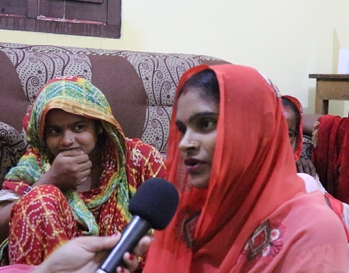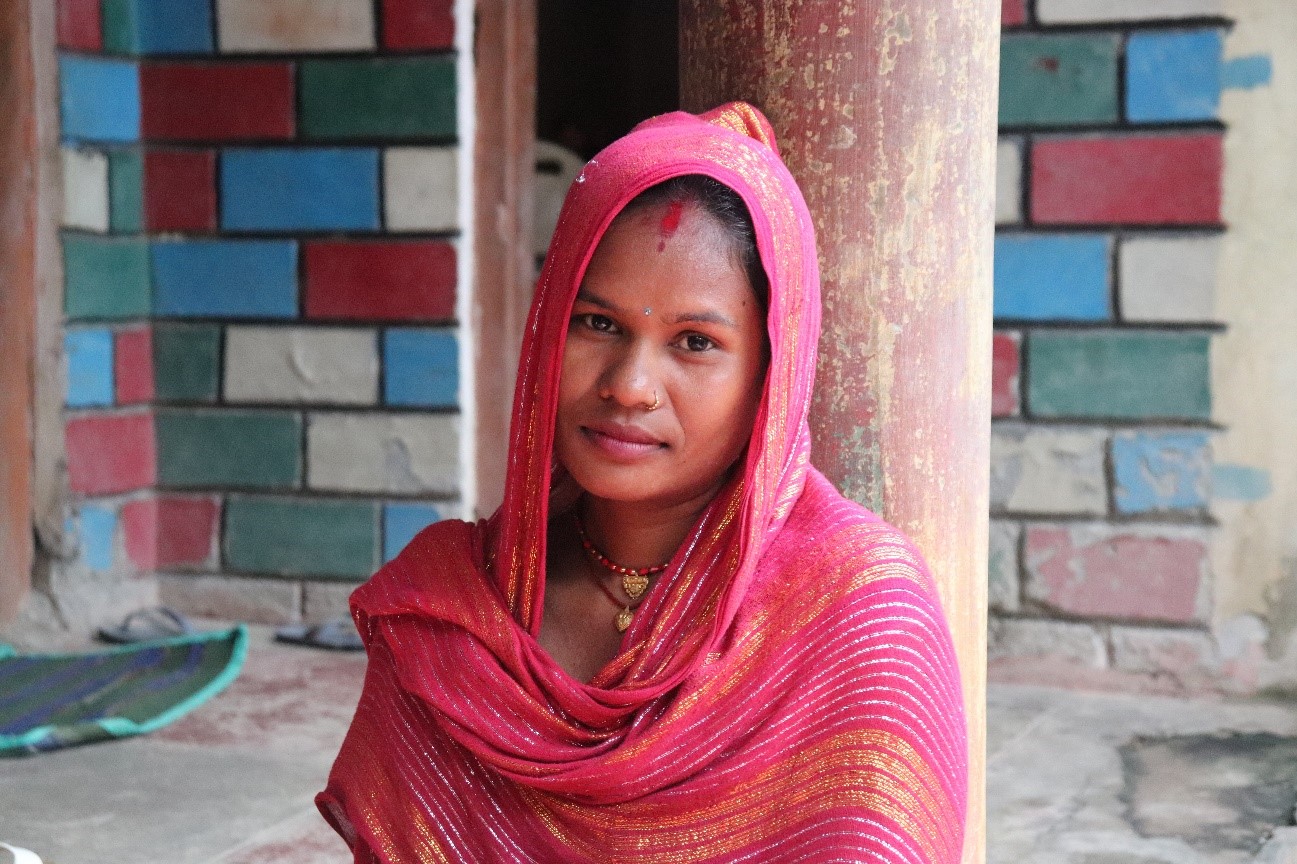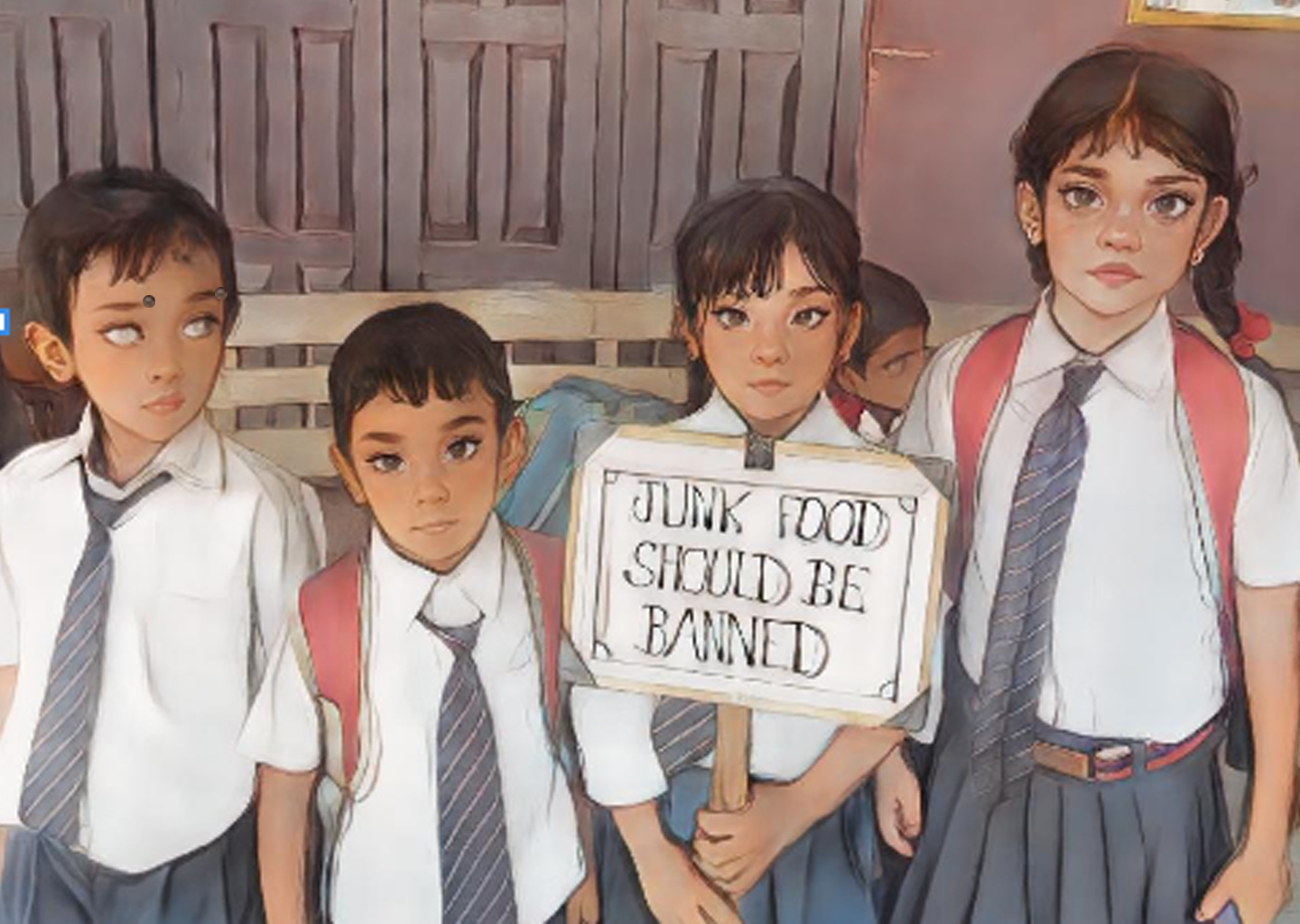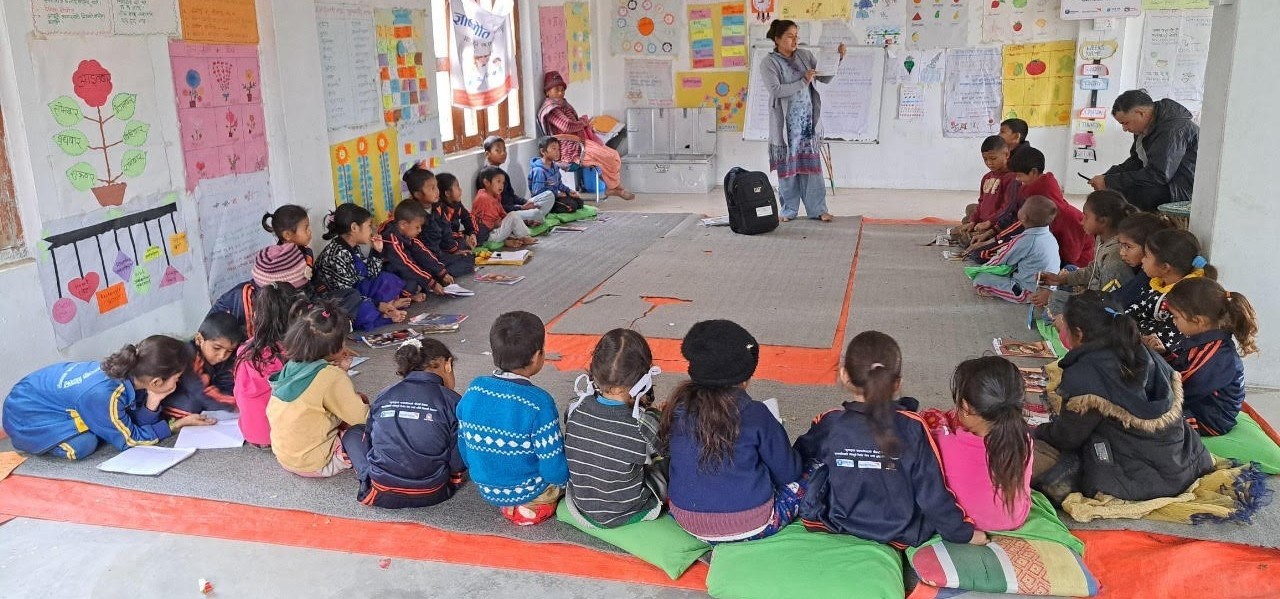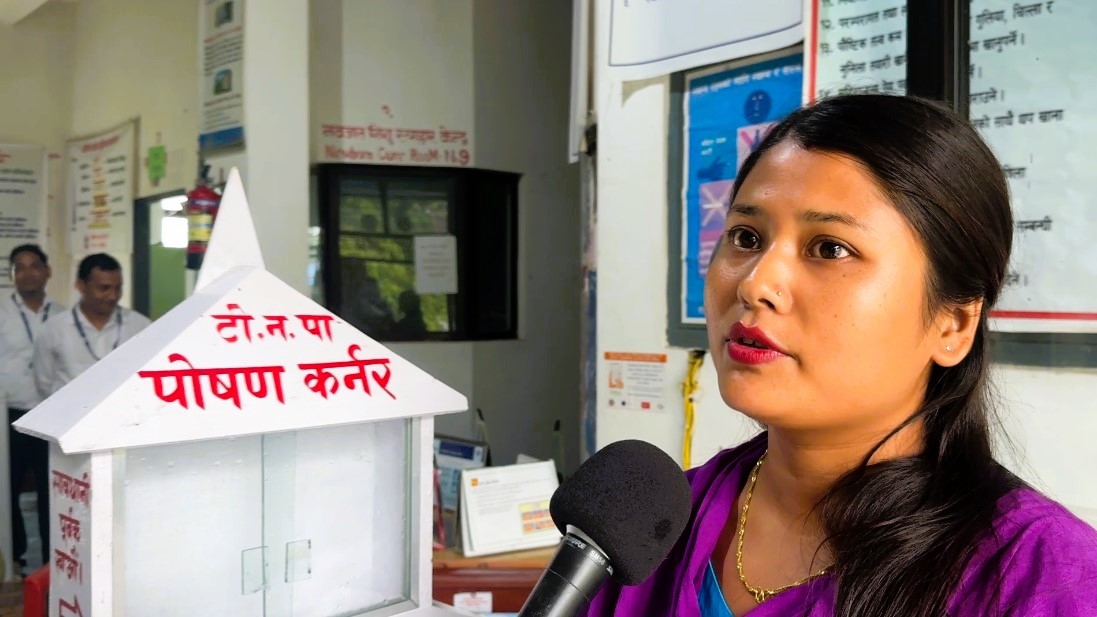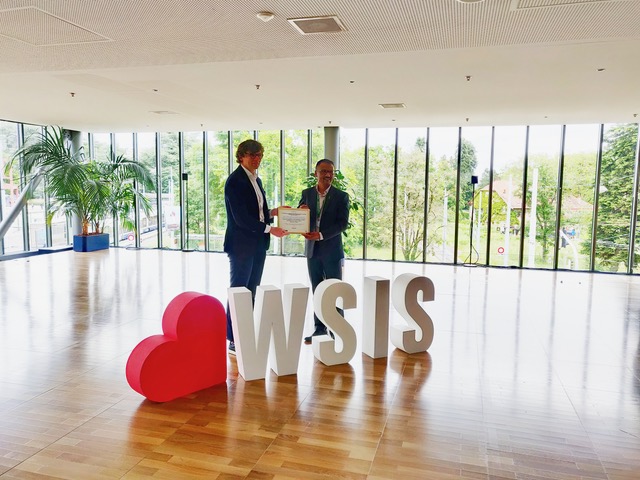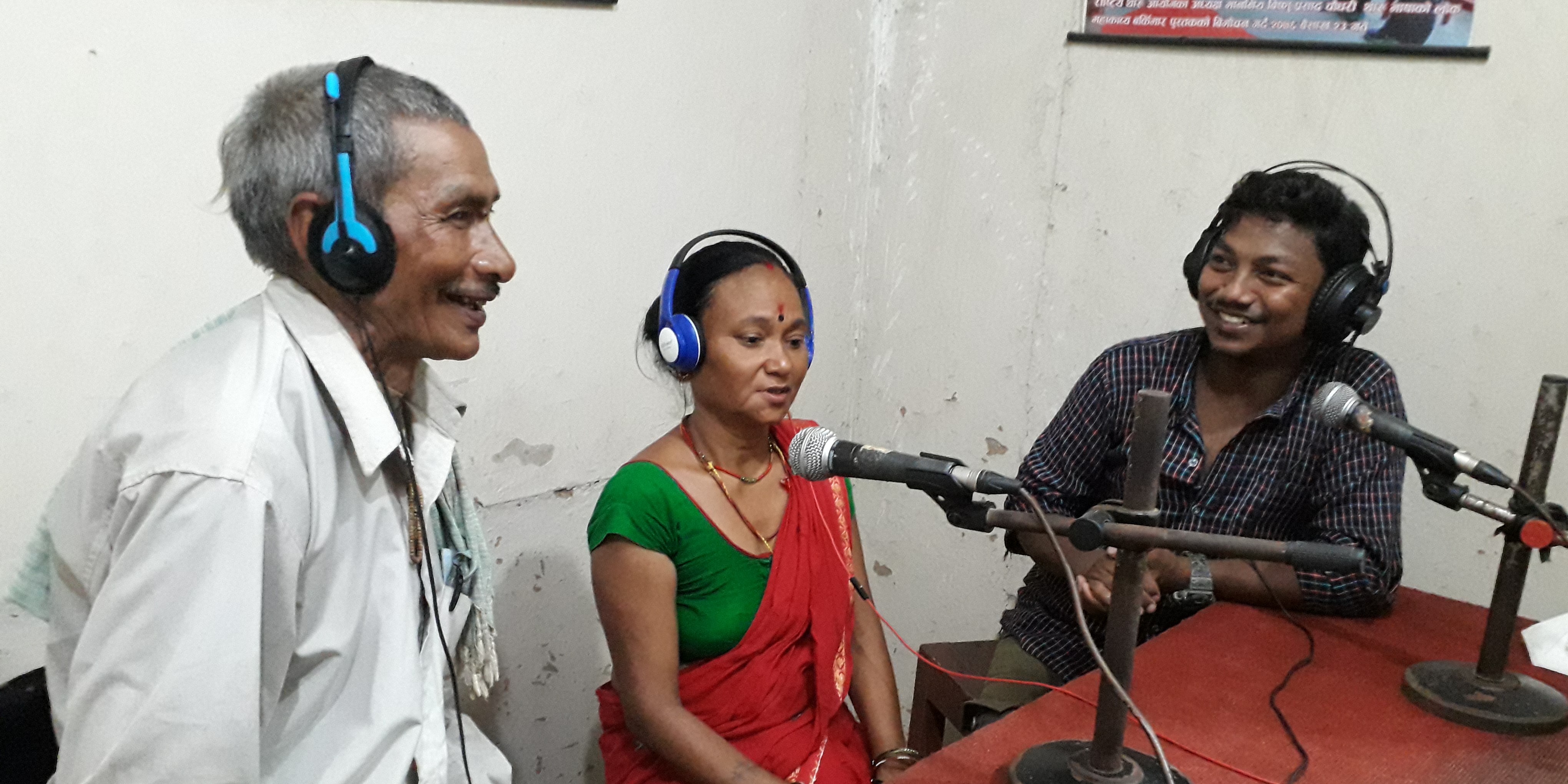Connecting citizens to specific concerned authorities
In an episode of our radio program, citizens shared pressing health concerns that resonate deeply within their communities, sparking vital discussions with medical experts.

In an episode of our radio program, citizens shared pressing health concerns that resonate deeply within their communities, sparking vital discussions with medical experts.
Niramala Kadayat from Tinapa 1 raised an important question: “Why do some pregnant women believe they should avoid sitting in the cold?” In response, Dr. Sriprasad Adhikari, a Gynecology and Obstetrics specialist, shed light on this common belief. He explained that during pregnancy, hormonal changes can slightly weaken the immune system, increasing susceptibility to infections. While some women may feel that avoiding cold environments protects their health and that of their unborn child, Dr. Adhikari reassured listeners that it is safe to go outside, provided they take sensible precautions to stay warm. He also addressed cultural dietary restrictions, noting that fears around foods like papaya, ice cream, yogurt, and spinach in winter often stem from social beliefs rather than scientific evidence. This clarification empowers pregnant women to make informed choices about their health.
From Jhapa, Ganga asked about the recommendations for introducing complementary feeding: “Why do we recommend starting to feed girls at five months and boys at six months? What if we started at one month?” Dr. Lavkumar Shah emphasized the importance of adhering to guidelines that suggest introducing complementary foods around six months for all infants. He explained that at one month, babies primarily need exclusive breastfeeding or formula. Introducing solids too early can lead to digestive issues, allergies, and inadequate nutrient intake, jeopardizing their health. By following established feeding practices, parents can help ensure their children achieve optimal growth and development.
Manish Jha from Rautahat posed a critical question: “Why is it difficult to treat malnourished children with cancer?” Dr. Sucharita Tuladhar, a Pediatric Oncologist, highlighted the significant challenges faced by these vulnerable children. Malnutrition weakens the immune system, making them more susceptible to infections, which complicates treatment and recovery. Additionally, cancer medications can have severe side effects that further diminish their health. Dr. Tuladhar emphasized the urgent need to address nutritional needs, as improving diet and health is essential for enhancing treatment effectiveness and outcomes.
Through this radio program, the voices of citizens have sparked crucial conversations about health and wellness in their communities. By connecting individuals with medical professionals, we are fostering a greater understanding of health issues, ultimately empowering listeners to make informed decisions for themselves and their families.


